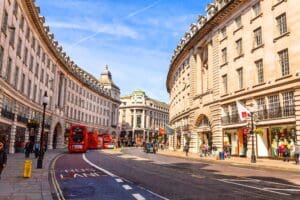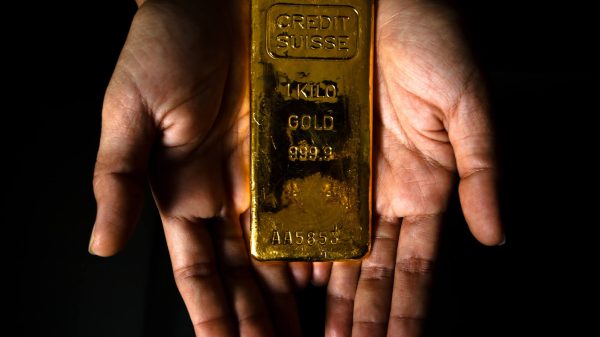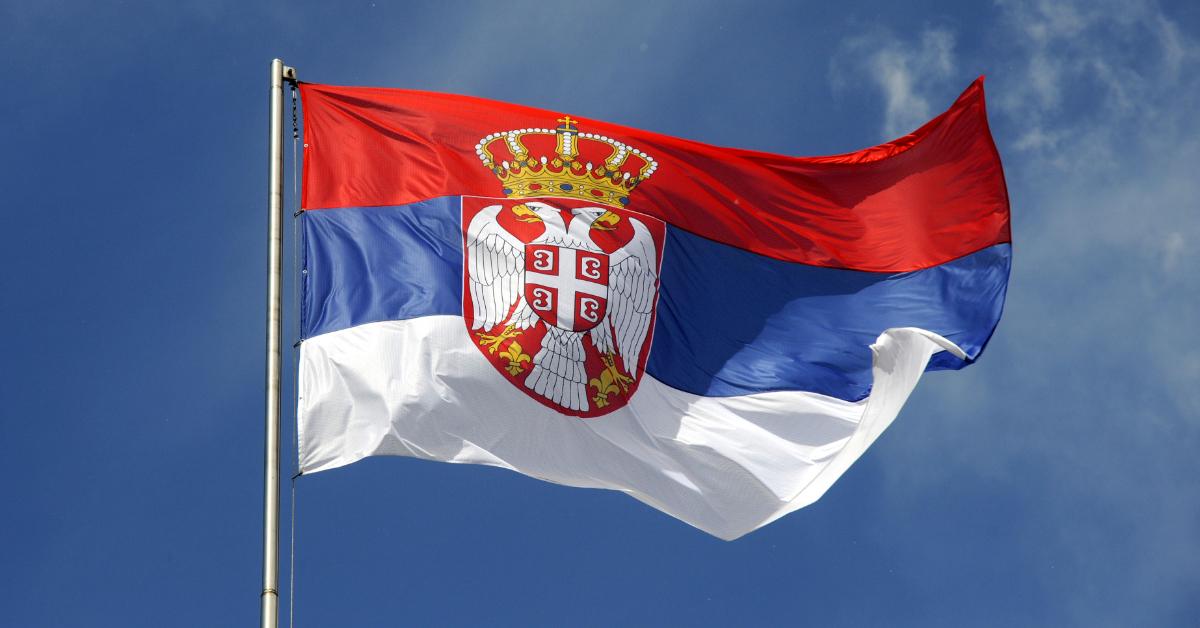Today, Serbia does not enjoy a reputation as a free country. The philosophy of strong hand, top-down organization of society, a socialist understanding of economy, and fierce nationalism are its trademarks.
The legacy of socialism with a human face, of which I have written elsewhere, has entrenched a statist mentality among the population and has shaped the understanding of economics among the political and intellectual elite.
But it is little known that Serbia developed two very important traditions of freedom in its modern history.
Of the two, the better known was the liberal-conservative movement of the second half of the nineteenth century when conservatives and liberals dominated Serbian politics. The movement consisted of influential people from the top echelons of power—prime ministers, finance ministers, party leaders—to influential intellectuals and public figures. Despite sharp disagreement, both groups were nevertheless committed to drawing the boundaries of state power. The rule of law under firmly secured private property within a minimal and limited government was their philosophy.
It was, however, the conservative side of the coin that institutionalized liberal capitalism in Serbia. Their views differed from the liberals mainly in their criticism of democracy, which they abhorred as a dangerous concept for a society with a rudimentary understanding of politics. Serbian conservatives cherished mainly Burkean and Tocquevillian wisdom. In practice, conservatives rejected egalitarianism, while liberals were democrats and nationalists.
On the other hand, the liberals were led by energetic Vladimir Jovanović, a politician, finance minister, and prolific writer. Liberals were radicals who valued rationality, science, and tolerance. Their works and public appearances embodied a mixture of the British liberalism of the time, especially the utilitarian strain, and to a lesser extent the American political experience based on Lockean natural law. This is evident in Jovanović’s work, who was influenced by Mill and Spencer (Milosavljevic), but who also thought there was an innate similarity between American and Serbian individualism and the love for freedom, while in small Switzerland and large England he saw continental role models.
From today’s perspective, it is almost shocking how different these people were from their contemporary countrymen. Nobody from Serbia today would have made such a statement as Dragiša Mijušković, who wrote,
It is not the State which must directly provide the goods which every interior policy requires. It is sufficient for the State to secure the person and property and other conditions of life and development; the creation of the goods themselves must be accomplished without the State, by self-governing free work; what cannot be accomplished by such work should be regulated by the State, and in the manner marked by the free agreement of all citizens, regardless of the initial interests of this or that party.
According to Boško Mijatović, for conservative Čedomilj Mijatović, “The development of the right of self-ownership goes hand in hand with the development of the right of the free individual. These ideas are so closely connected that it is impossible to imagine one without the other.”
Unfortunately, tradition was destined to succumb to the combined forces of nationalism and socialism, as it did almost everywhere in Europe at the time.
At the end of the golden liberal age, Serbia had an extraordinarily developed parliamentary life. In terms of quality, the debates about the organization of society were not far behind the constitutional arguments of the federalists and antifederalists. Unfortunately, a dynastic struggle, wars to regain territories still occupied by the Turks, and resistance to Austro-Hungarian domination (which eventually led to World War I) sidelined the tradition of freedom. The central government grew stronger, supported by the ideology of the People’s Radical Party led by Nikola Pašić. Politics without principles, pure pragmatism cloaked in nationalistic rhetoric and the philosophy of raison d’état, began to dominate political life. The state went from one social experiment to another, from the creation of the kingdom of Yugoslavia to the communist revolution and the new communist Yugoslavia. The tradition of freedom was under constant attack during the monarchical period and the first Yugoslavia. However, it was Josip Broz Tito’s Yugoslavia that eradicated freedom completely.
The second tradition of freedom, which is very little known even among historians, is particularly interesting and original.
During the late Ottoman Empire in the eighteenth century, the spontaneous institutions of “peasants” or “patriarchal democracy” emerged. This was a rather anarchic, almost entirely decentralized social organization that preceded the rise of the modern Serbian centralized state.
What was then called the Belgrade Pashalik (Serbia)—a part of the Ottoman Empire—represented a military buffer zone between two empires (Austro-Hungarian and Ottoman). Due to harsh living conditions in the surrounding Turkish provinces, Serbs began to migrate to the zone. These were people of the same ethnic origins but with different cultures and understanding of life.
In literature, this melting pot of people with very different habits and customs was described as the pillar of the emerging civic order. Unlike typical Balkan institutions of a tribal character, the new institutions were proto-civic. As a military buffer zone, the Belgrade Pashalik enjoyed a certain autonomy within the Turkish Empire. Geographical position but also a weak grip of the Turkish central power pushed people to self-organize and create institutions of freedom, which in many respects resembled traditional (peasant) Swiss democracy. This was a peasant society. While Turks lived in urban areas (cities and fortresses), Serbs lived in villages. For ordinary people, Ottoman power was a distant entity. Only once a year during the tax-collection period did Serbs have direct contact with the state. Otherwise, society was left alone.
The combination of cultural diversity and the weak central power forged original organization of life based on a bottom-to-top principle. Society was organized around families living in zadruga (cooperatives). Families, with their representatives, deliberated on all communal issues at zbor (village assembly or meeting). What the village decided was then passed on to an elected knez (village “prince”) who presented the decision to a larger administrative body comprised of several villages called knežina. It was then the task of obor knez (higher prince) to present the decision at the regional assembly comprised of several knežina, regional knežina. The decisive thing is that kneževi and obor kneževi were only administrators, messengers. They did not have a significant role in the decision-making process. The system was arranged in such a way that what was decided at the lowest level could not be amended without the consent of those who were the initial decision-makers.
Unfortunately, this tradition was short-lived and started eroding during the first Serbian uprising (1804) that emerged as a reaction to the incredible cruelty of Turkish military renegades (dahije).
During the war for independence from the Ottoman Empire (1804–13 and 1815–17), a new group of revolutionary leaders (vojvode) emerged and imposed itself. These were the beginnings of the modern Serbian state. Some vojvode started to circumvent the traditional institutions of decentralized decision-making, actively usurping and destroying the existing order.
The erosion of traditional decentralized self-government continued throughout the nineteenth century and spread well into the twentieth. Liberals and conservatives tried to play the game within the new statist paradigm. Their struggle to constrain the power of the state was ill-fated. Despite the failure, the two traditions of freedom left an everlasting beacon of light for all those in Serbia and in the Balkans who aspire to freedom.























